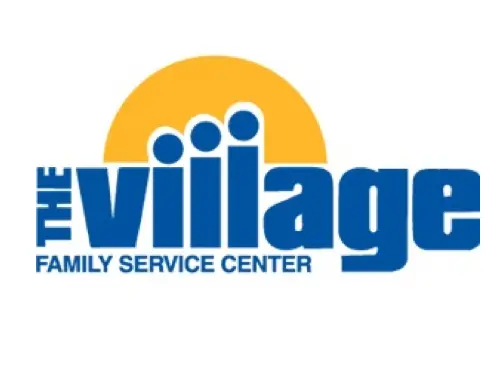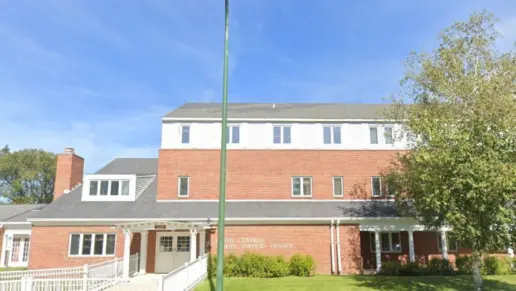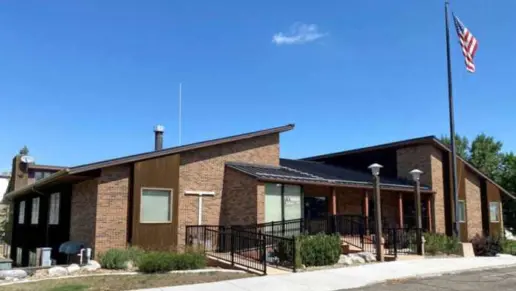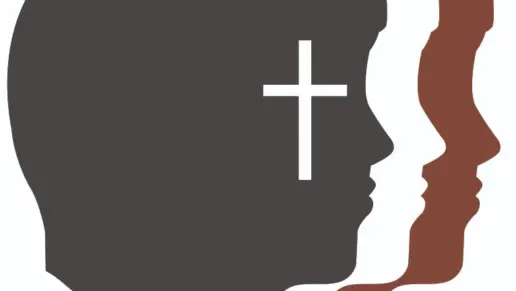They provide an excellent individualized treatment! It feels like home, they are very kind and caring. Outstanding experience.
About The Village Family Service Center
The Village Family Service Center is the mental health counseling center in Fargo, North Dakota. They offer various outpatient (OP) substance use disorder treatment with licensed counselors trained to help individuals and families. The addiction program helps adults struggling with alcohol or drug use get the support they need through a comprehensive and confidential outpatient program.
Medical staff and licensed addiction counselors provide care for adults 18 and older. They are a nonprofit that begins your chemical dependency treatment with an evaluation or diagnostic assessment. This is the foundation of their customized outpatient treatment program. You may begin treatment in a partial hospitalization program or an intensive outpatient program.
Many go on to a low intensity outpatient treatment program before engaging in relapse prevention groups to support and promote sobriety and long-term recovery. Family education and support are available to families whose lives have been impacted by loved ones with substance use disorders or mental health conditions. The two hour chemical dependency evaluation begins your program.
Partial hospitalization programs (PHP) are provided 20 hours per week. Intensive outpatient programs (IOP) are designed to offer greater flexibility with day and evening groups available. The relapse prevention group is a continuing care group after you’ve completed your primary treatment. The group is open to people who have completed their program here or at another facility. When needed, you can also take part in a DUI seminar for education that meets the requirements of the courts or DOT.
They are a Blue Cross/Blue Shield preferred provider and work with other major health insurance companies including TriCare and TriWest. They’re also a North Dakota SUD voucher provider and may have additional financial assistance available when you qualify.
Latest Reviews
Rehab Score
Gallery
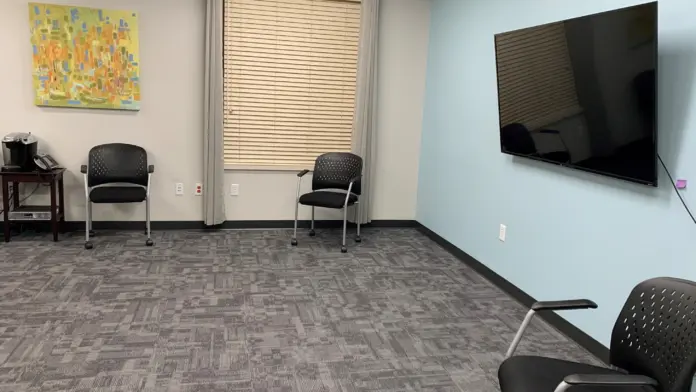
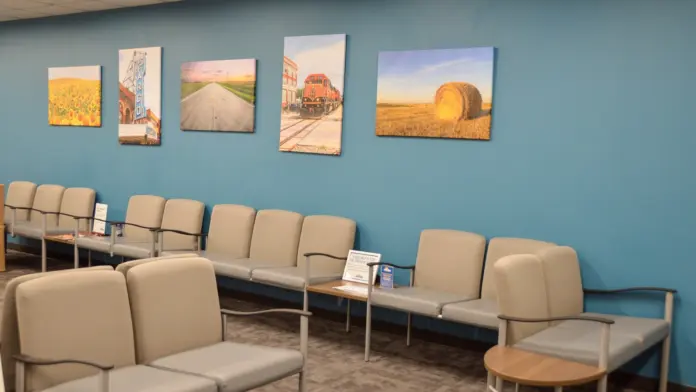
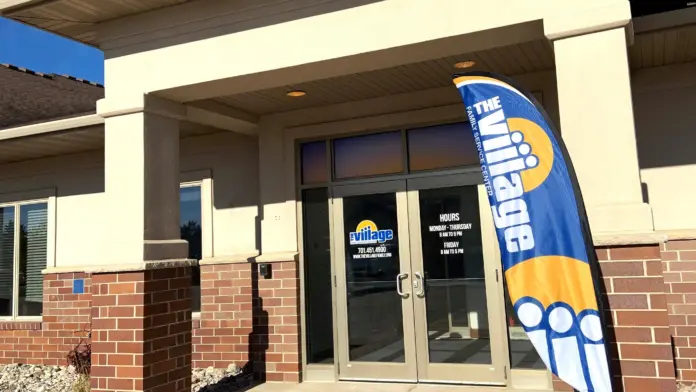
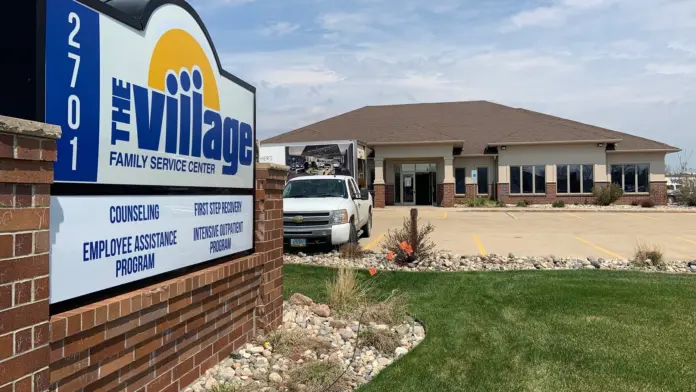
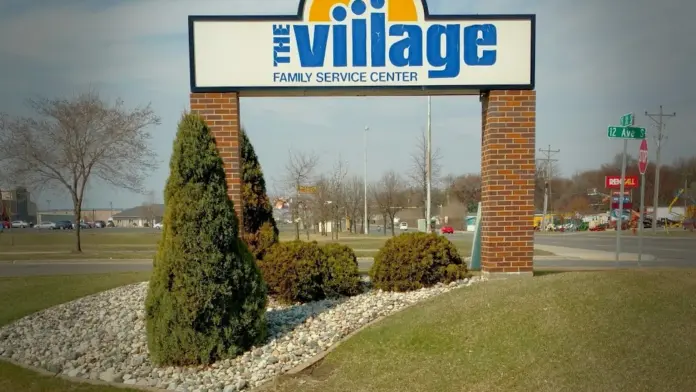
Location
Other Forms of Payment
Private insurance refers to any kind of healthcare coverage that isn't from the state or federal government. This includes individual and family plans offered by an employer or purchased from the Insurance Marketplace. Every plan will have different requirements and out of pocket costs so be sure to get the full details before you start treatment.
Self-pay involves paying for treatment out of your own pocket. You can use savings or credit, get a personal loan, or receive help from family and friends to fund your treatment. If you don't have insurance or your insurance plan doesn't cover a specific program, self-pay can help ensure you still get the care you need.
Financial aid can take many forms. Centers may have grants or scholarships available to clients who meet eligibility requirements. Programs that receive SAMHSA grants may have financial aid available for those who need treatment as well. Grants and scholarships can help you pai for treatment without having to repay.
Sliding scale payments are based on a client's income and family size. The goal is to make treatment affordable to everyone. By taking these factors into account, addiction recovery care providers help ensure that your treatment does not become a financial burden to you or your family, eliminating one barrier to care.
Medicare is a federal program that provides health insurance for those 65 and older. It also serves people under 65 with chronic and disabling health challenges. To use Medicare for addiction treatment you need to find a program that accepts Medicare and is in network with your plan. Out of pocket costs and preauthorization requirements vary, so always check with your provider.
Military members, veterans, and eligible dependents have access to specific insurance programs that help them get the care they need. TRICARE and VA insurance can help you access low cost or no cost addiction and mental health treatment. Programs that accept military insurance often have targeted treatment focused on the unique challenges military members, veterans, and their families face.
Medicaid is a state based program that helps lower-income individuals and families pay for healthcare. Medicaid covers addiction treatment so those enrolled can use their coverage to pay for rehab. When a program accepts Medicaid the client often pays very little or nothing out of their own pocket.
Addiction Treatments
Levels of Care
Treatments
Many of those suffering from addiction also suffer from mental or emotional illnesses like schizophrenia, bipolar disorder, depression, or anxiety disorders. Rehab and other substance abuse facilities treating those with a dual diagnosis or co-occurring disorder administer psychiatric treatment to address the person's mental health issue in addition to drug and alcohol rehabilitation.
Mental health rehabs focus on helping individuals recover from mental illnesses like bipolar disorder, clinical depression, anxiety disorders, schizophrenia, and more. Mental health professionals at these facilities are trained to understand and treat mental health issues, both in individual and group settings.
Programs




Clinical Services
Cognitive Behavioral Therapy (CBT) is a therapy modality that focuses on the relationship between one's thoughts, feelings, and behaviors. It is used to establish and allow for healthy responses to thoughts and feelings (instead of unhealthy responses, like using drugs or alcohol). CBT has been proven effective for recovering addicts of all kinds, and is used to strengthen a patient's own self-awareness and ability to self-regulate. CBT allows individuals to monitor their own emotional state, become more adept at communicating with others, and manage stress without needing to engage in substance abuse.
Your dialectical behavior therapy sessions in North Dakota will include individual and group formats. During group sessions, you may participate in group exercises such as role play. You'll also have homework assignments each week to practice the skills you're learning and to keep a diary of your emotions. Diary entries will guide your weekly one on one sessions.
Group therapy is any therapeutic work that happens in a group (not one-on-one). There are a number of different group therapy modalities, including support groups, experiential therapy, psycho-education, and more. Group therapy involves treatment as well as processing interaction between group members.
In individual therapy, a patient meets one-on-one with a trained psychologist or counselor. Therapy is a pivotal part of effective substance abuse treatment, as it often covers root causes of addiction, including challenges faced by the patient in their social, family, and work/school life.
Motivational interviewing helps you find internal motivation to change. If you're feeling insecure about your ability to change or ambivalent about the need for change, this method can help you explore your options and motivations.
Trauma-Focused Cognitive Behavioral Therapy (TF-CBT) is an evidence-based treatment for children and adolescents impacted by trauma and their parents or caregivers. The child and caregiver learn new skills to process thoughts and feelings around the traumatic experience. TF-CBT can resolve a broad array of emotional and behavioral difficulties associated with trauma, including PTSD.
Relationships between couples, whether you are married or not, are not easy, no matter how perfect you are for each other. In the course of daily interactions with your spouse or significant other, there are bound to be "troublesome" moments of confrontation, pain, aggravation and heartache. So, in addition to working with individuals, The Village is also here to work with couples. Their counselors can help you start treating the relationship you have with your spouse or significant other as the most important relationship in your life.
EMDR involves reprocessing memories that have essentially become stuck in the brain. Sessions involve stimulating the hemispheres of the brain through visual, auditory, or tactile means until the memory is less disturbing and more positive thoughts and beliefs replace the prior negative thoughts and beliefs.
A cornerstone of their work is Family Systems Therapy, which focuses on the family rather than the individual. They believe the symptoms of an individual in a family are the result of the pathology of the family, rather than the pathology of the individual. Research clearly demonstrates that recovery is far more successful and sustainable when loved ones like family members participate in rehab and substance abuse treatment.
Life skills trainings involve all the skills a person must have in order to function successfully in the world. These include time management, career guidance, money management, and effective communication. Truly successful addiction recovery is based on the ability to not only live substance-free, but to thrive. Life skills teaches the practical necessities of functioning in society, which sets clients up for success in life, and therefore sobriety.
Nutrition therapy, aka medical nutrition therapy (MNT), is a way of treating physical, emotional, and medical conditions through diet. Specific dietary plans are designed by professional nutritionists or registered dietitians, and patients follow them in order to positively affect their physical and mental health.
Incorporating recreational therapy into your addiction treatment program helps you rediscover joy, build healthy habits, and develop new interests. You may be exposed to activities like yoga, painting, and group games to encourage social interaction and improve your mood. These are essential skills for a successful recovery journey.
Experiential therapy is a form of therapy in which clients are encouraged to surface and work through subconscious issues by engaging in real-time experiences. Experiential therapy departs from traditional talk therapy by involving the body, and having clients engage in activities, movements, and physical and emotional expression. This can involve role-play or using props (which can include other people). Experiential therapy can help people process trauma, memories, and emotion quickly, deeply, and in a lasting fashion, leading to substantial and impactful healing.
Amenities
-
Private Transportation
-
Residential Setting
-
Private Rooms
Staff & Accreditations
Staff
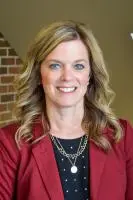
President & CEO
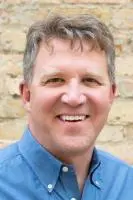
CFO
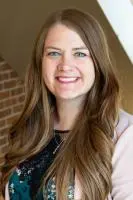
Executive Assistant
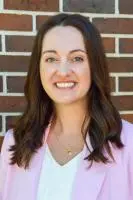
Human Resources Manager

Division Director
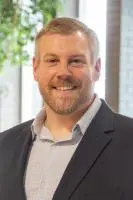
Division Director
Accreditations

LegitScript has reviewed The Village Family Service Center as part of their certification program, and has determined that it meets the LegitScript standards for legality, safety and transparency.
LegitScript verified in February 2020

State Licenses are permits issued by government agencies that allow rehab organizations to conduct business legally within a certain geographical area. Typically, the kind of program a rehab facility offers, along with its physical location, determines which licenses are required to operate legally.
State License: North Dakota
License Number: 1142
Contact Information
2701 12th Ave S
Fargo, ND 58103
